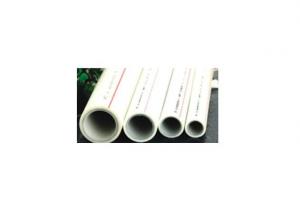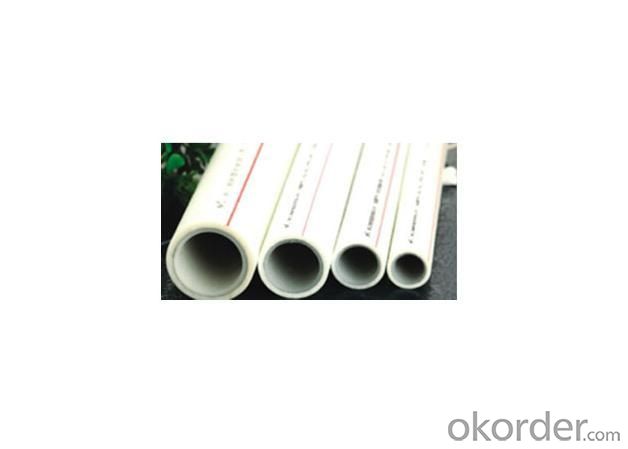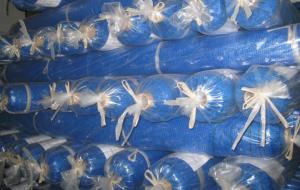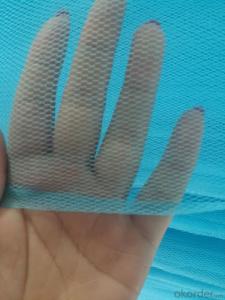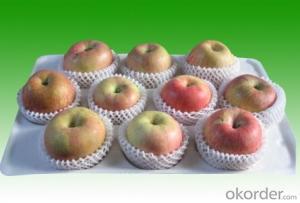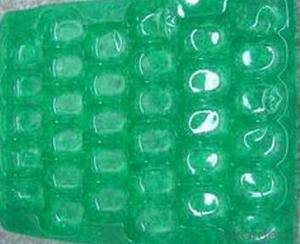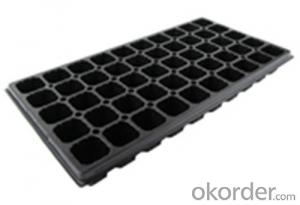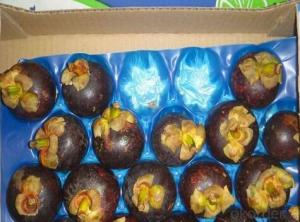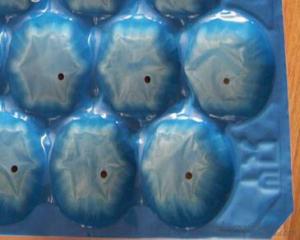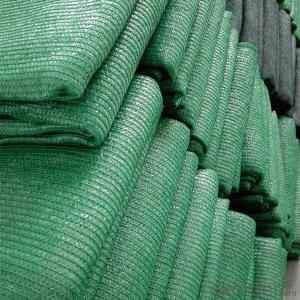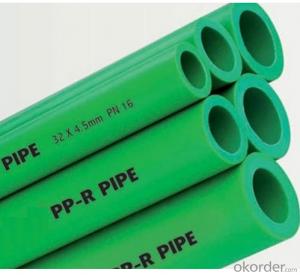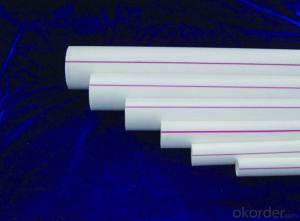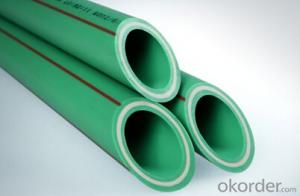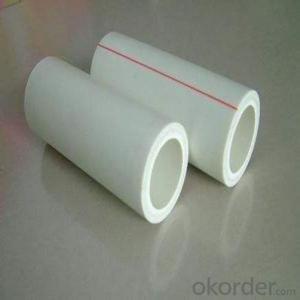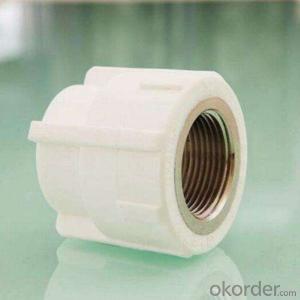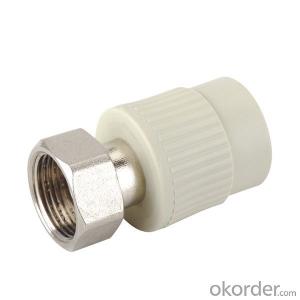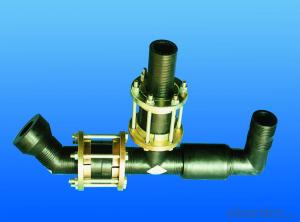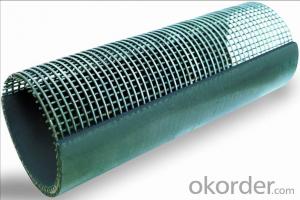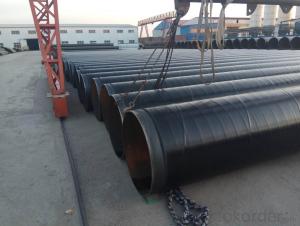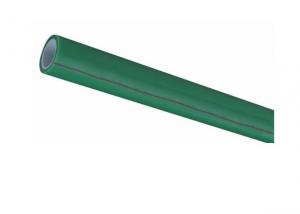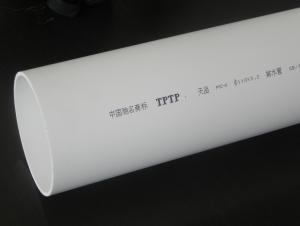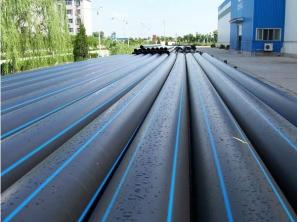Composite PPR Pipes for Hot and Cold Water
- Loading Port:
- China Main Port
- Payment Terms:
- TT or LC
- Min Order Qty:
- 500 Meters m
- Supply Capability:
- 50000 Meters per Day m/month
OKorder Service Pledge
OKorder Financial Service
You Might Also Like
Ppr Pipe For Hot And Cold Water
Size: 20-75 mm
15 years produce experience
Certificate: CE; ISO9001
Features of Ppr Pipe For Hot And Cold Water:
Sizes: 20 to 75mm
Pressure: PN1.25Mpa; PN1.6Mpa; PN2.0Mpa; PN2.5Mpa
Colors: Light grey, white or other colors on request
Connection: Welding
Certification: CE, ISO9001
Advantages of Ppr Pipe For Hot And Cold Water:
High Temperature Resistance: the maximum sustained working temperature is up to 70 °C,the maximum transient temperature is up to 95°C
Heat Preservation: low thermal conductivity which is only 1/1500 of brass pipe. And 1/250 of steel pipe.
Non-toxic: no heavy metal additives, would not be covered with dirt or contaminated by bacterium.
Corrosion Resistant: resist chemical matters or electron chemical corrosion.
Lower Installation Costs: light weight and ease of installation can reduce installation costs by as much as 50%over metal piping system.
Higher Flow Capacity: smooth interior walls result in lower pressure loss and higher volume than metal pipes.
Long Life: more than 50 years under normal conditions
- Q: Can composite pipes be bent without causing damage?
- Yes, composite pipes can be bent without causing damage. Composite materials, such as fiberglass or carbon fiber reinforced polymers, are known for their flexibility and high strength-to-weight ratio. These materials can withstand bending forces without experiencing permanent deformation or structural damage, making them suitable for applications that require curved or flexible pipe configurations.
- Q: Can composite pipes be used for slurry transportation?
- Yes, composite pipes can be used for slurry transportation. Composite pipes are known for their high strength, corrosion resistance, and durability, making them suitable for conveying abrasive materials like slurry. They offer advantages such as reduced maintenance, longer service life, and improved efficiency compared to traditional pipes, making them a viable option for slurry transportation applications.
- Q: What is the plastic steel composite pipe?
- Steel plastic composite pipe has been relatively mature now, in many fields has been widely used in petroleum, chemical, construction, shipbuilding, electric power and communications, the underground gas pipeline, is currently the preferred alternative to traditional galvanized pipe, known as the green environmental protection pipe.
- Q: Can composite pipes be used for landfill leachate collection?
- Yes, composite pipes can be used for landfill leachate collection. Composite pipes are made from a combination of materials such as fiberglass and resin, which makes them resistant to corrosion and chemicals. This makes them suitable for handling landfill leachate, which contains various corrosive substances. Additionally, composite pipes have high strength and durability, making them capable of withstanding the pressures and loadings associated with landfill leachate collection systems.
- Q: What is the resistance of this composite tube?
- That is, the amplification of the composite tube, or the depth of the inlet, the saturation, or the reliability of the cut-off, are determined by the resistance in the composite tube.
- Q: How does a composite pipe differ from a traditional metal pipe?
- A composite pipe differs from a traditional metal pipe in that it is made from a combination of materials, usually including a fiber-reinforced polymer and a thermoplastic liner. This construction gives composite pipes several advantages over traditional metal pipes, such as being lighter, more corrosion-resistant, and having better insulating properties. Additionally, composite pipes are typically easier to install and require less maintenance compared to their metal counterparts.
- Q: Are composite pipes suitable for food processing facilities?
- Yes, composite pipes are suitable for food processing facilities. Composite pipes have excellent resistance to corrosion, chemicals, and bacteria growth, making them ideal for maintaining food safety standards. Additionally, their lightweight nature, ease of installation, and low maintenance requirements make them a practical choice for food processing facilities.
- Q: Do composite pipes have any electromagnetic shielding properties?
- No, composite pipes do not have any electromagnetic shielding properties.
- Q: How do composite pipes handle thermal insulation?
- Composite pipes are excellent at thermal insulation due to the combination of different materials used in their construction. The outer layer, typically made of a durable material like fiberglass or carbon fiber, offers a protective barrier that prevents heat transfer. Additionally, the inner layer, made of a thermally insulating material like polyurethane foam, further enhances the insulation properties. This combination allows composite pipes to effectively minimize heat loss or gain, making them ideal for applications that require efficient thermal insulation.
- Q: Are composite pipes suitable for dairy farms and milk processing?
- Yes, composite pipes are suitable for dairy farms and milk processing. They offer numerous advantages such as resistance to corrosion, longer lifespan, and ease of installation. Additionally, composite pipes are lightweight, which makes them ideal for transporting milk and other dairy products. They also provide excellent insulation properties, maintaining the temperature of the milk during processing and storage. Overall, composite pipes are a reliable and efficient choice for the dairy industry.
1. Manufacturer Overview
| Location | Zhejiang, China |
| Year Established | 2004 |
| Annual Output Value | |
| Main Markets | North America South America Eastern Europe Southeast Asia Africa Oceania Mid East Eastern Asia Western Europe |
| Company Certifications | CE;ISO9001:2000 |
2. Manufacturer Certificates
| a) Certification Name | |
| Range | |
| Reference | |
| Validity Period |
3. Manufacturer Capability
| a) Trade Capacity | |
| Nearest Port | |
| Export Percentage | 31% - 40% |
| No.of Employees in Trade Department | |
| Language Spoken: | |
| b) Factory Information | |
| Factory Size: | 10,000-30,000 square meters |
| No. of Production Lines | 6 |
| Contract Manufacturing | OEM Service Offered Buyer Label Offered |
| Product Price Range | |
Send your message to us
Composite PPR Pipes for Hot and Cold Water
- Loading Port:
- China Main Port
- Payment Terms:
- TT or LC
- Min Order Qty:
- 500 Meters m
- Supply Capability:
- 50000 Meters per Day m/month
OKorder Service Pledge
OKorder Financial Service
Similar products
Hot products
Hot Searches
Related keywords
